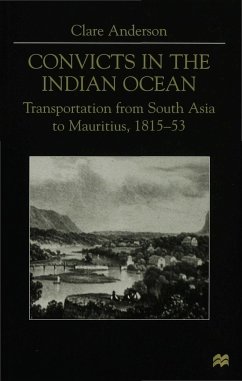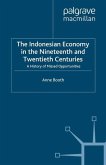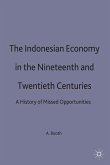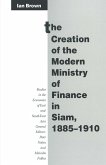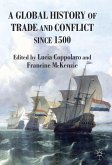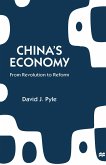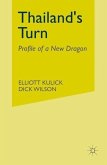When the British took control of the Indian Ocean island of Mauritius soon after the abolition of the slave trade, they were faced with a labour-hungry and potentially hostile Franco-Mauritian plantocracy. This book explores the context in which Indian convicts were transported to the island and put to work building the infrastructure necessary to fuel the expansion of the sugar industry. Drawing on hitherto unexplored archival material, it is shown how convicts experienced transportation and integrated into the Mauritian social and economic fabric.
'Dr Anderson has written a scintillating, intelligent and readable book...' - M.N. Pearson, Lennox Head, Australia, The Northern Mariner
'Clare Anderson's book is the first detailed study of a hitherto neglected aspect of Mauritian history - the importation of convicts from India in the early 19th century - but it is also much more than this. Dr Anderson does an admirable job in placing the Mauritius convict experience within a wider theoretical and historical context...the convict lives which [she] has painstakingly recreated make this history a riveting read. She has the rare skill of combining academic precision with the ability to tell a good story.' - Mauritian International
'Overall, the work is concise, coherent and cogent...' - Patricia Kennedy, International Journal of Maritime History
'Clare Anderson's book is the first detailed study of a hitherto neglected aspect of Mauritian history - the importation of convicts from India in the early 19th century - but it is also much more than this. Dr Anderson does an admirable job in placing the Mauritius convict experience within a wider theoretical and historical context...the convict lives which [she] has painstakingly recreated make this history a riveting read. She has the rare skill of combining academic precision with the ability to tell a good story.' - Mauritian International
'Overall, the work is concise, coherent and cogent...' - Patricia Kennedy, International Journal of Maritime History

